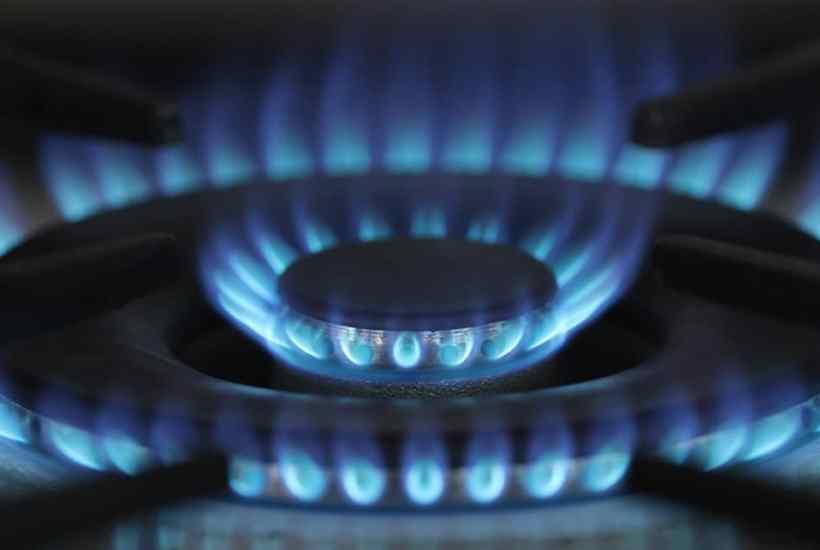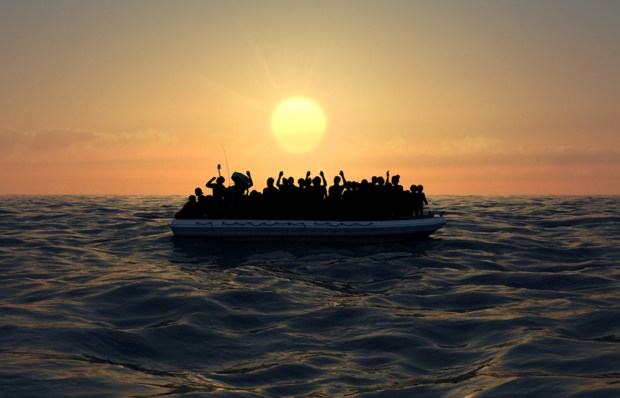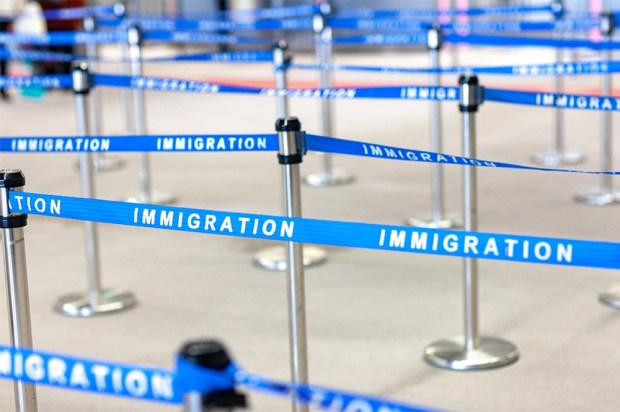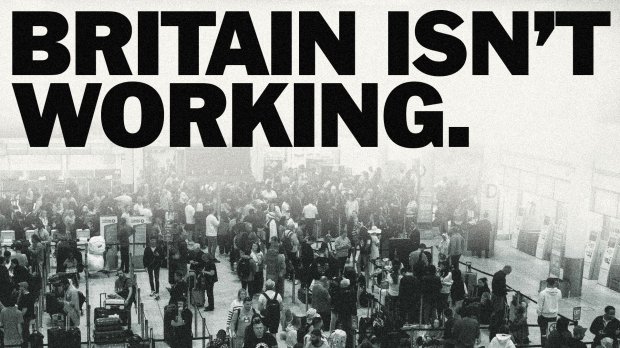During the eurozone crisis, southern European states had to go cap in hand to Germany to stave off national bankruptcy. A decade on and it is Berlin doing the begging. Europe has reluctantly agreed a 15 per cent cut in gas use this winter in the hope that German factories can stay open and German citizens can keep from freezing. Meanwhile, Russia’s state-controlled energy giant Gazprom threatened to reduce the gas flowing through the Nord Stream 1 pipeline yet again so that Germany would receive only a fifth of the amount it did before the Ukrainian invasion.
While Berlin has said it plans to wean itself off Russian gas over the next few years, Vladimir Putin is taunting Europe by cutting supplies faster than Germany can cut its dependence. The German government has calculated that it needs gas storage levels to be at 80 per cent to get through the winter. Reserves are currently just two-thirds full and there is little hope of further topping up the tanks while Putin is squeezing the supply. Spanish and Italian factories and householders have, in effect, agreed to cut their own gas usage in order to prop up the German economy.
Some EU member states have been allowed a little leeway – Spain has secured a cut of only 7 per cent, an acknowledgment that it was not foolish enough to rely on Russia. One Spanish minister remarked pointedly: ‘We have not lived beyond our means in terms of energy.’ Ireland, Malta and Cyprus, which have no direct connection to the European gas grid, have also been granted an exemption. But it is obvious that the rest of the EU is being dragged into the effort to save Germany from national embarrassment. About 40 per cent of Germany’s 41 million households heat with gas. German internet searches for firewood are up tenfold since this time last year.
Berlin has no excuse for ending up in this position. Twenty years ago, it was possible to believe that Putin would finally bring his country into the community of democratic western states – Tony Blair, after all, repeatedly invited the new Russian leader to Downing Street. Those democratic hopes eventually evaporated and yet Germany continued to entrench its dependence on Russian energy. Even at the start of this year, Germany’s leaders were pushing for the completion of Nord Stream 2, a pipeline deal signed after the 2014 invasion of Crimea. Meanwhile, Germany’s three remaining nuclear power stations were closed just as Russian tanks amassed on Ukraine’s borders and western intelligence warned that a full-scale invasion was imminent. In a last-ditch attempt to keep the lights on, the Greens have agreed to restart the country’s mothballed coal power stations. But reports in the press suggest the infrastructure is no longer there to feed the turbines; Germany’s ageing rail network is short on coal trucks and storage sheds.
The rest of Europe is now being asked to pay the price for German myopia. Of course, this would have included Britain had we still been a member of the European Union. UK consumers are already paying high prices for energy, but were it not for Brexit we would be facing even sharper prices and perhaps even rationing. Our record on renewables, too, is better than many would think. No G20 country has made more progress on decarbonisation than Britain over the past decade, either in terms of energy produced or the overall carbon footprint, imports included. Our CO2 emissions have almost halved since the turn of the century and are now at levels not seen since Victorian times. Renewables generate 43 per cent of our energy: less than 5 per cent of our gas comes from Russia, compared with half of Germany’s.
All of this helps with energy security, but Britain is far from immune to the shocks facing our neighbours. This week, the UK was forced to dip into its own gas storage supplies thanks to a lack of wind. And during this month’s heatwave, we were forced to pay 5,000 per cent over the odds to import Belgian energy to avoid a London blackout.
Energy diversification is our best insurance. That means fully exploiting North Sea gas and oil as well as fracking. We cannot be reliant on intermittent solar and wind power until there are adequate ways to store renewable energy. While we await technology to cut carbon emissions, we need more reliable sources of fossil fuels – fuels that in some cases are sitting below our feet. We need to access these not just for the sake of energy security but, as Germany has demonstrated, for our political security. Reliance on oil- and gas-rich rotten regimes is no way to ensure the safety of your citizens.
Britain should not take any pleasure in Berlin’s predicament. Germany’s economic and political strength is in the interests of us all, not least as a counterbalance to Putin’s Russia. Germany remains one of Britain’s biggest trading partners, and the country is now facing almost certain recession at a time when the euro is under renewed strain. Throughout the sovereign debt crisis, it was at least possible to look to the strong German economy for salvation. Not this time.
Got something to add? Join the discussion and comment below.
Get 10 issues for just $10
Subscribe to The Spectator Australia today for the next 10 magazine issues, plus full online access, for just $10.
You might disagree with half of it, but you’ll enjoy reading all of it. Try your first month for free, then just $2 a week for the remainder of your first year.














Comments
Don't miss out
Join the conversation with other Spectator Australia readers. Subscribe to leave a comment.
SUBSCRIBEAlready a subscriber? Log in